Jonathan Swift’s Gulliver’s Travels
Revisit the quarrel between "the ancients and the moderns" and reflect on human nature with Swift's Gulliver's Travels.
Tuesdays; Dec. 29 | Jan. 5 | Jan. 12 | Jan. 19 | Jan. 26
Online Seminar Series
Completed in 1872, Demons is rivaled only by The Brothers Karamazov for the place of Dostoevsky’s greatest work. A study of political terror and modern ideology, the novel powerfully predicts the revolutionary tendencies that would kill 100 million people – the total, in The Black Book of Communism, of the deaths in the 20th century owing to communism. This seminar series will center on a close reading of Demons and what the novel can teach about the nature, logic, and social origins of revolutionary politics.
This seminar will meet online weekly on Tuesdays from 6 to 8 PM ET. All course materials will be provided. Fellows will receive a $200 stipend contingent upon participation in the course and completion of a brief response paper and evaluation.
Image: Vasily Perov, Portrait of Fyodor Dostoevsky, 1872 |The Assassination of Alexander II of Russia on March 1, 1881
Jacob Howland on teaching Demons
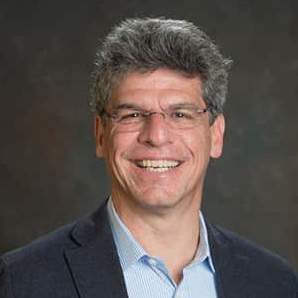
Jacob Howland is McFarlin Professor of Philosophy Emeritus at the University of Tulsa. He has written about Plato, Aristotle, Xenophon, Kierkegaard, the Talmud, the Holocaust, ideological tyranny, and other subjects. His most recent book is Glaucon’s Fate: History, Myth, and Character in Plato’s Republic.

Jacob Howland is a Senior Fellow at the Tikvah Fund, prior to which he was the McFarlin Professor of Philosophy (emeritus) at the University of Tulsa. His research focuses on ancient Greek philosophy, history, epic, and tragedy; the Hebrew Bible and the Talmud; Kierkegaard; and literary and philosophical responses to the Holocaust and Soviet totalitarianism. His most recent book is Glaucon’s Fate: History, Myth, and Character in Plato’s Republic. His other books include Plato and the Talmud and Kierkegaard and Socrates: A Study in Philosophy and Faith. He earned a B.A. from Swarthmore College and a Ph.D. from Penn State.
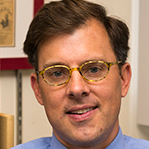
Flagg Taylor is an Associate Professor of Government at Skidmore College. He is editor most recently of The Long Night of the Watchman: Essays by Václav Benda, 1977–1989. He is currently writing a book on Czech dissent in the 1970s and 1980s.

Flagg Taylor is an Associate Professor of Government at Skidmore College. His research specialty is in the history of political thought and American government, especially the question of executive power.
He is the co-author of The Contested Removal Power, 1789-2010, author of numerous articles, and editor of The Great Lie: Classic and Recent Appraisals of Ideology and Totalitarianism and The Long Night of the Watchman: Essays by Václav Benda, 1977–1989. He holds a Ph.D. and an M.A. in political science from Fordham University and a B.A. from Kenyon College
Readings:
Questions:
Readings:
Questions:
Readings:
Questions:
Readings:
Questions:
Readings:
Questions:

Ryan P. Hanley
Ryan Patrick Hanley is Professor of Political Science at Boston College. His research in the history of political philosophy focuses on the Enlightenment. He is the author of Our Great Purpose: Adam Smith on Living a Better Life and Love’s Enlightenment: Rethinking Charity in Modernity.

Flagg Taylor
Flagg Taylor is an Associate Professor of Government at Skidmore College. He is editor most recently of The Long Night of the Watchman: Essays by Václav Benda, 1977–1989. He is currently writing a book on Czech dissent in the 1970s and 1980s.
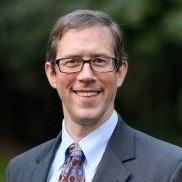
Thomas Merrill
Thomas Merrill is an associate professor in the School of Public Affairs at American University. He is the author of Hume and the Politics of Enlightenment. He is also the co-editor of three edited volumes, including The Political Thought of the Civil War.
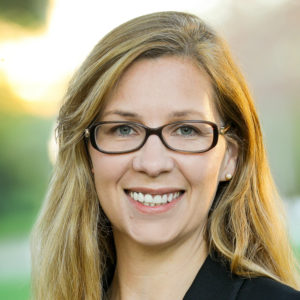
Jenna Silber Storey
Jenna Silber Storey is Assistant Professor in Politics and International Affairs at Furman University and Executive Director of Furman’s Tocqueville Program. She is the co-author of a book with Benjamin Storey: Why We Are Restless: On the Modern Quest for Contentment (Princeton University Press, 2021). Further information about her work can be found at www.jbstorey.com.
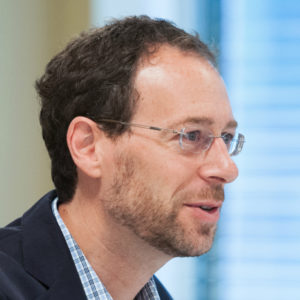
Bryan Garsten
Bryan Garsten is Professor of Political Science at Yale University. He writes on questions about political rhetoric and deliberation, the meaning of representative government, the relationship of politics and religion, and the place of emotions in political life.
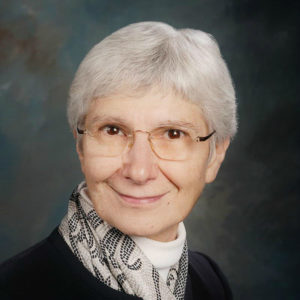
Amy A. Kass
Amy Apfel Kass (1940 – 2015) was a senior fellow at the Hudson Institute, Senior Lecturer Emerita in the humanities at the University of Chicago, and coeditor of What So Proudly We Hail: The American Soul in Story, Speech, and Song. She was an award-winning teacher of classic texts.
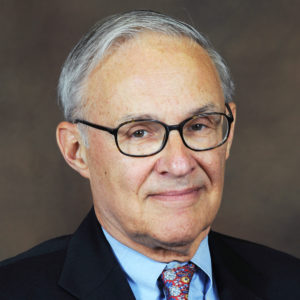
Leon R. Kass
Leon R. Kass, M.D., is the Addie Clark Harding Professor Emeritus in the Committee on Social Thought and the College at the University of Chicago and the Madden-Jewett Chair at AEI. He was the chairman of the President’s Council on Bioethics from 2001 to 2005. He has been engaged for more than 40 years with ethical and philosophical issues raised by biomedical advances and, more recently, with broader moral and cultural issues.